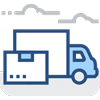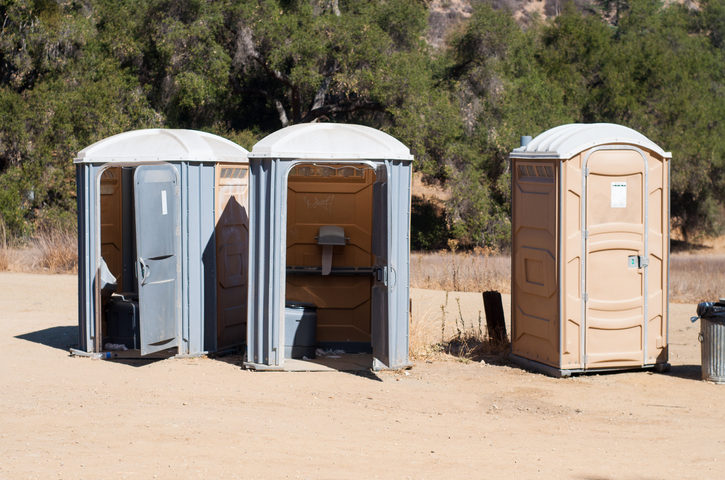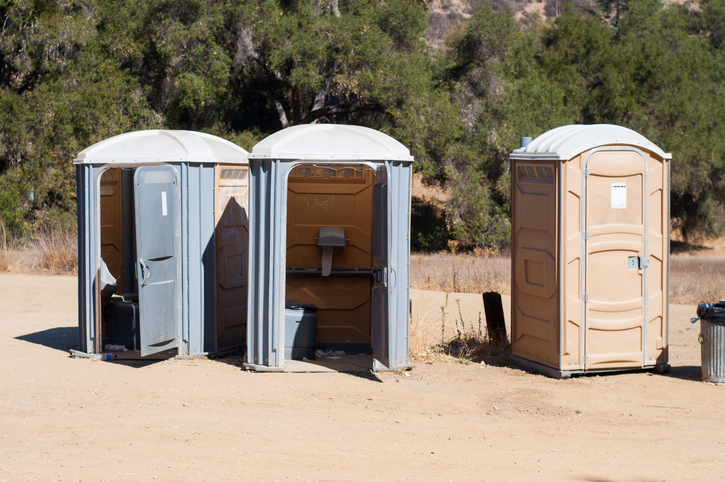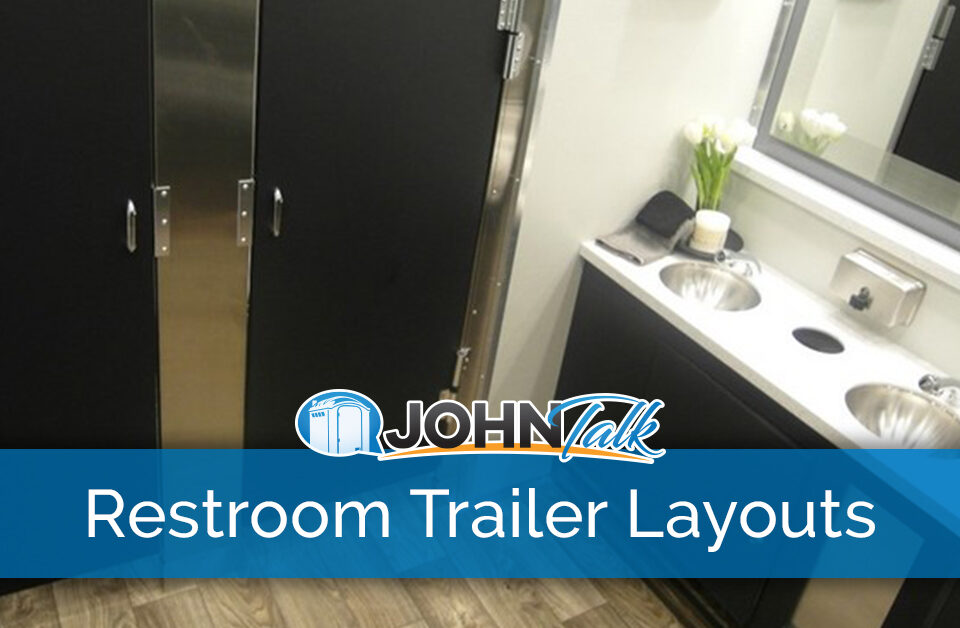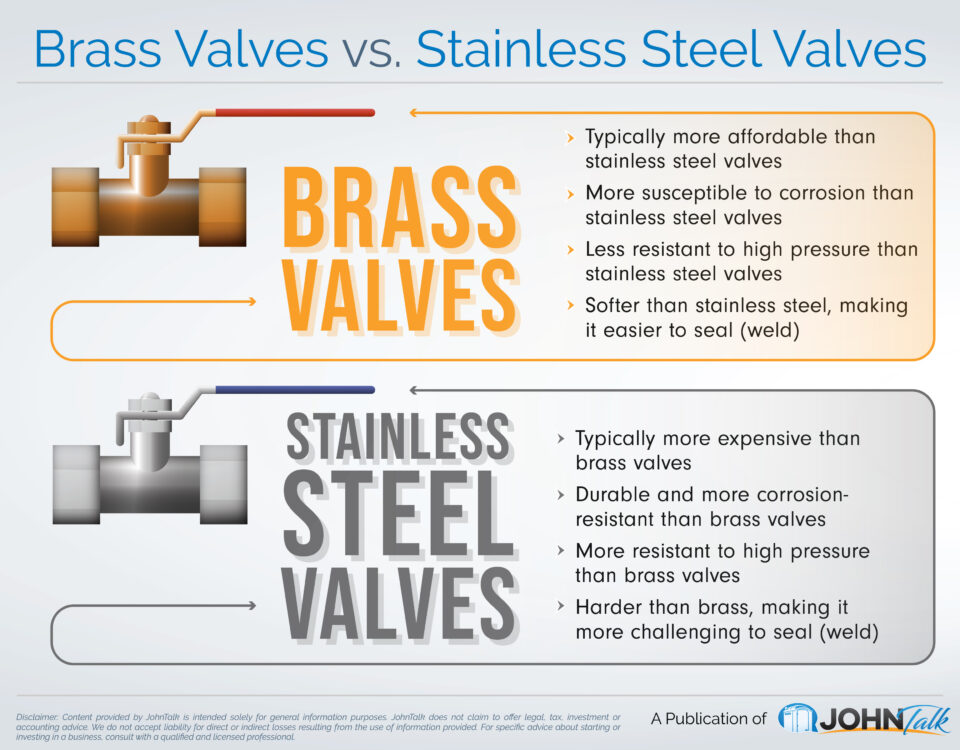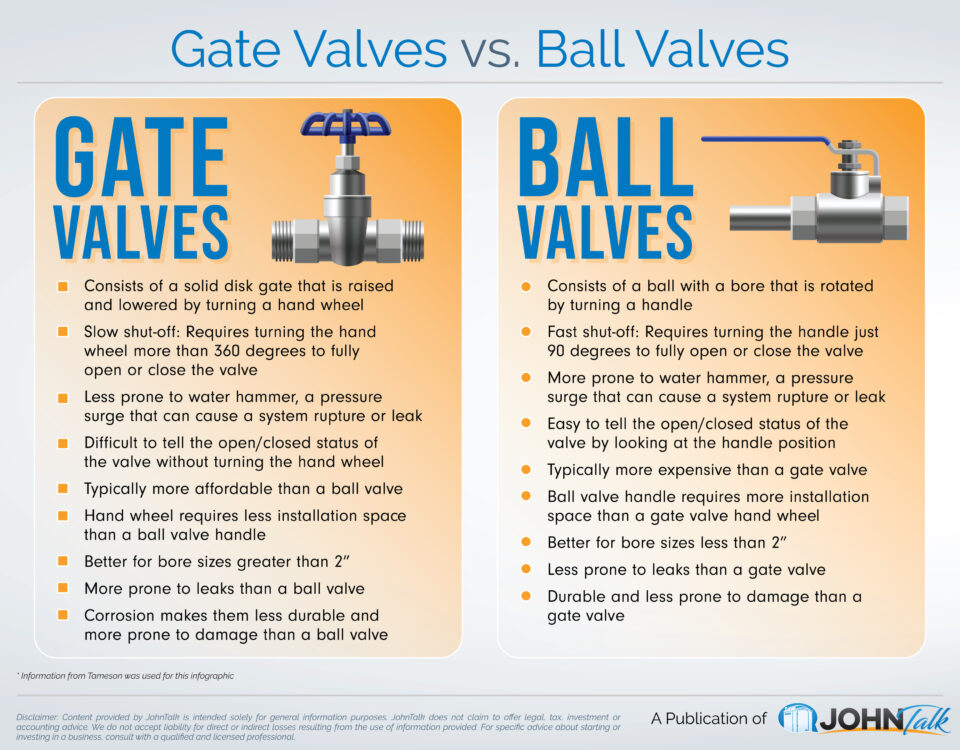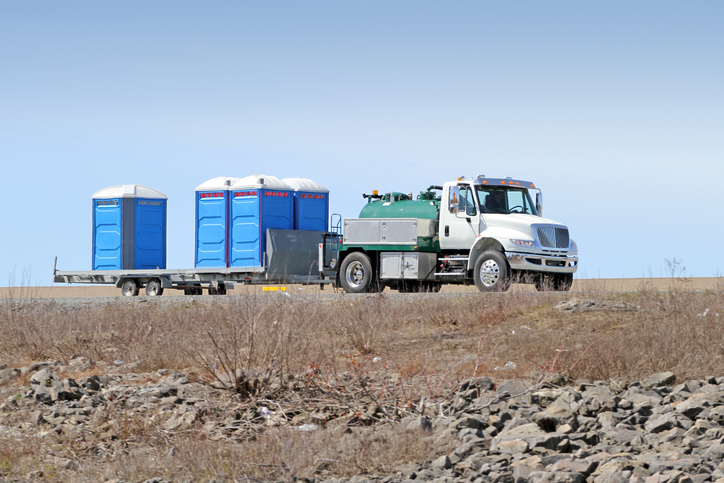
Trucks & Options: Considerations Before You Buy
June 10, 2019
Choosing the Right Business Model for You
June 17, 2019Damage to units and equipment is an unfortunate side effect of our industry. When a unit has been sitting on a construction site over a long period of time or withstanding busy festival traffic for a weekend, it’s not unusual for something to happen to it. Luckily, there are steps you can take to cover yourself and recover any costs so you’re not paying out of pocket.
Precautionary Measures
Make sure you’re covered before an event so you have no regrets later. Get general liability and auto insurance, at least, to cover any damage to your units, equipment, and trucks. Check out our tips on how to save money on insurance if you’re still not covered.
Offer optional insurance to your customers, too. The benefits of this are that, firstly, it acts as a deterrent for your customers when renting from you to not damage the units. Secondly, it’s a handy revenue stream for your company.
Finally, always make sure you sign a contract with the customer before the event, outlining their liability in unforeseen circumstances like damage to units or equipment. The contract should also include insurance terms if the customer has opted for it.
Get the JohnTalk “ALL-ACCESS PASS” & become a member for FREE!
Benefits Include: Subscription to JohnTalk Digital & Print Newsletters • JohnTalk Vault In-Depth Content • Full Access to the JohnTalk Classifieds & Ask a PRO Forum
What to Do in the Event of Damage
What happens when you or one of your employees discover a damaged unit? Well, if the customer has opted for your insurance offer, you must pay for the damage yourself and then file an insurance claim through your own insurer.
Note: If the damage is minimal, like a $5 fee for a door latch, for example, most PROs would just pay for this themselves without going through their insurance company. That way, you still pocket a profit from the customer’s optional insurance.
But what if the customer didn’t take insurance through you? It’s important you follow a certain protocol here and act professionally and in a way that won’t cause any tension or arguments between you or your staff and the client. Here’s what we suggest:
- Gather evidence of the damage. The most effective way to do this is to take photos. Include the unit number if you can.
- Take detailed notes of the damage, the unit or equipment location, and who the client is.
- Inform your company’s owner, unless of course, this is you.
- Inform the customer, event organizer, or lead contact at the customer’s company of the damage you discovered. Ensure that they see and acknowledge the damage. If they don’t, do not fix or move the unit or equipment until they have acknowledged it.
- Once the customer has acknowledged the damage, fix or replace the unit or equipment ASAP.
- When billing the customer, charge them for the damage.
Make sure your employees are well-drilled in these steps because forgetting to document the damage can lead to issues down the line. If you do the above, you’ll safeguard yourself against disputes and recover your costs.
Looking to Take Your Portable Restroom Business to the NEXT LEVEL? Download our FREE Guide: “Your Guide to Operating A Portable Restroom Business.”
Thinking About GETTING INTO the Portable Restroom Industry? Download our FREE Guide: “Your Guide to Starting A Portable Restroom Business.”

